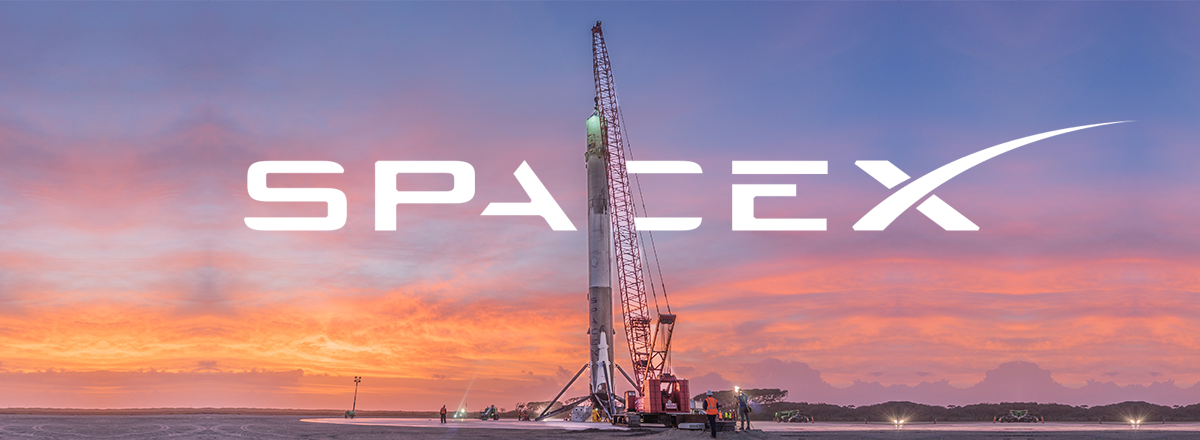SpaceX, the manufacturer of the world’s most advanced rockets and spacecraft, canceled the planned launch of the Falcon 9 launch vehicle carrying the third-generation Global Positioning Satellite (GPS III SV04), scheduled for Friday, October 2. A SpaceX representative announced the news during a broadcast on the company’s website.
It was reported that the launch was scheduled for 9:43 PM EDT (01:43 GMT on October 3) from Space Launch Complex 40 at Cape Canaveral Air Force Station, Florida. Launch controllers canceled the launch of the rocket about two seconds before liftoff.
Standing down from tonight's launch attempt of GPS III-4
— SpaceX (@SpaceX) October 3, 2020
According to Elon Musk, the company's CEO, a technical problem was discovered in the last seconds in the rocket engines. He shared via Twitter that the Falcon 9 rocket carrying the GPS-III satellite experienced an "unexpected pressure rise in the turbomachinery gas generator," which caused the launch to be canceled.
Unexpected pressure rise in the turbomachinery gas generator
— Elon Musk (@elonmusk) October 3, 2020
Falcon 9 was to launch an advanced satellite GPS III SV04 into orbit, intended for the US Space Force. It is considered three times more accurate than its predecessors and has better capabilities to prevent cyberattacks.
Upon its launch, the GPS III SV04 satellite will be the fourth among ten upgraded next-gen satellites for the US military. Two of these satellites were launched in December 2018 and in June this year. Another one was also launched in August 2019.
The date for the next launch is unknown because the company needs to properly identify and solve the issue that caused the mission abort.
We will need to make a lot of improvements to have a chance of completing 48 launches next year!
— Elon Musk (@elonmusk) October 3, 2020
Friday’s launch abort is the second one for SpaceX in two days. On Thursday, the launch of another Falcon 9 rocket was canceled. It was supposed to bring 60 Starlink satellites into orbit from Pad 39A of NASA’s Kennedy Space Center in Cape Canaveral. Its launch was aborted due to ground-sensor reading with 18 seconds left on the countdown clock.
Standing down from today's Starlink mission due to an out of family ground system sensor reading; will announce a new target launch date once confirmed on the Range
— SpaceX (@SpaceX) October 1, 2020
“Targeting Monday, October 5 at 7:51 a.m. EDT for launch of Starlink from LC-39A in Florida,” reads the company’s Twitter page regarding this mission.
Due to two consecutive aborts of SpaceX’s Falcon 9 rocket, Elon Musk says he would personally review hardware. Musk stated he will personally travel to Cape Canaveral, Florida, to assess the issues.
All of that and more. We’re doing a broad review of launch site, propulsion, structures, avionics, range & regulatory constraints this weekend. I will also be at the Cape next week to review hardware in person.
— Elon Musk (@elonmusk) October 3, 2020













